This year marks 25 years since the World Federation of Mental Health recognised the 10th of October as World Mental Health Day. It’s aim is to raise awareness, to recognise the work that is put in day in day out and to eventually disregard the social stigma that is linked with mental health. Unfortunately there can be occurrences where mental health is not treated respectfully and those that are suffering can be subject to prejudice in the workplace or within family and friendship groups.
To further reinforce awareness this year, Plymouth Arts Centre are showing a screening of the 1975 classic, One Flew Over The Cuckoo’s Nest. This will then be followed by a talk led by Plymouth and District MIND, a local community centre that endeavours to raise awareness and to help suffers of mental health lead independent lives.
Despite the fact One Flew Over the Cuckoo’s Nest is 42 years old and based on a Ken Kesey novel that is even older, it is the perfect film to show on the 25th anniversary of Mental Health Day. It is a film of extraordinary power and it’s core values are still relevant today. It is a rare and successful blend of tragedy and comedy. If it lent too far one way or the other it would be too depressing for repeat viewings or on the other hand the film’s comedy would be in poor taste. The film of course stars the legendary Jack Nicholson who has arguably never been better. He plays Randle McMurphy who is sent to prison for statutory rape of a minor and is transferred to a mental institution so he can spend the rest of his sentence in a relaxed environment.
He bases his fake mental illness on the stereotype of someone with mental health problems by being bat-shit crazy and generally hyper. When he gets there he realises that the patients are all suffering from very different and complex problems. McMurphy encounters Nurse Ratched, played by Louise Fletcher who subtly intimidates the patients through her daily therapy meetings. The film becomes a battle of wits between the patients and the establishment.
The depiction of mental health in Cuckoo’s Nest has never been bettered. At the time the cast were mostly unknown but along with Nicholson the film stars Danny Devito and Christopher Lloyd. Both actors are known for playing a certain type of character but in this film they had everything to prove. Devito’s Martini is quiet and relatively shy whereas Lloyd’s Max is seemingly confident but easily manipulated. The most devastating depiction of all however is Brad Dourif’s Billy, a man in his twenties who seems relatively normal at first, but it is only towards the end that you realise the extent of his problems. There is never really a true explanation as to why some of the patient’s are in there. It is only alluded to and that’s fine as we don’t need a backstory for everyone. The film treats the audience with intelligence and you can easily read between the lines without it being spoon fed to you.

When the film was released it won the five big oscars; Best Picture, Director, Actor, Actress and Adapted Screenplay. It established Jack Nicholson’s star status after an incredible run that started with Easy Rider, Chinatown and this film. Unlike some of the best picture winners, One Flew Over The Cuckoo’s Nest is a film that has stood the test of time and is widely considered one of the best films of all time. Despite it’s heavy subject matter it is a surprisingly funny and entertaining film. This is mainly helped by the energetic performances and a brilliant script. One minute you are laughing, the next your jaw is a drop in horror at what is happening on screen. Nurse Ratched is a subtle villain and it is only on multiple viewings that you realise what a damaging effect she has on her patients.
McMurphy is a breath of fresh air for the institution but despite his best efforts he is slowly but surely crushed by the establishment he constantly fights against. There are very few films that are perfect but One Flew Over the Cuckoo’s Nest has to be one of them.
Ben Cherry is a writer based in Plymouth, regularly contributing to Plymouth Arts Centre.
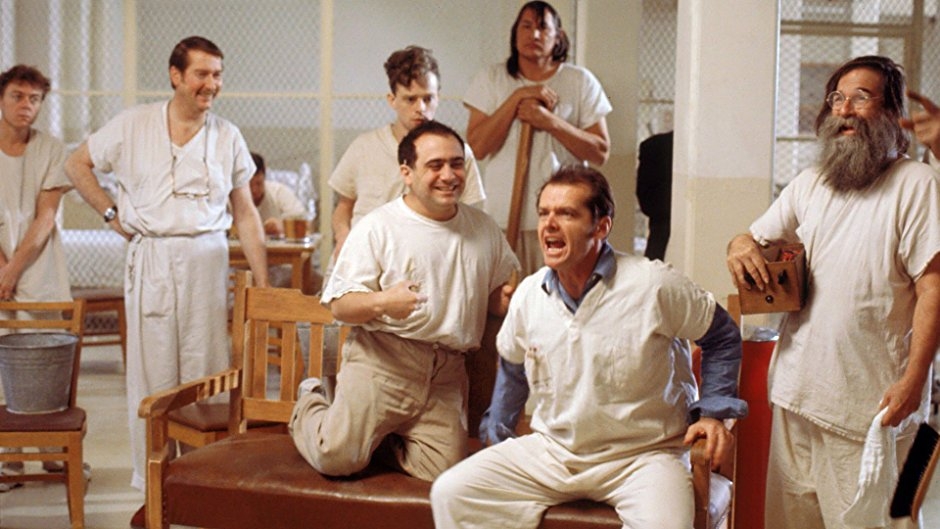
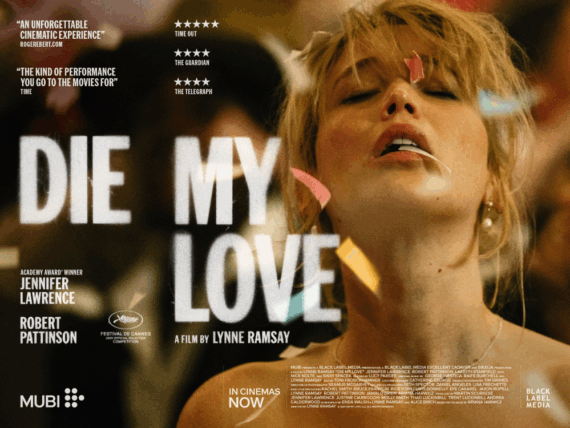
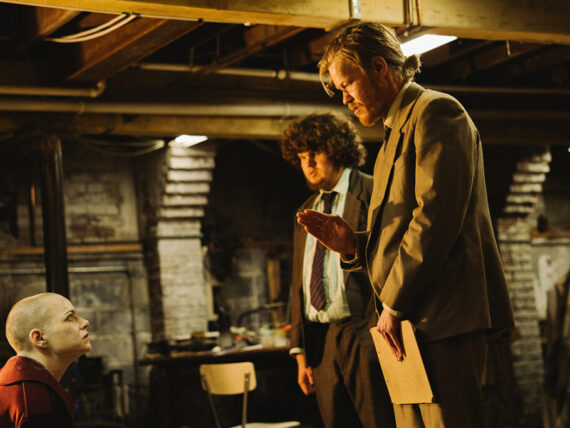
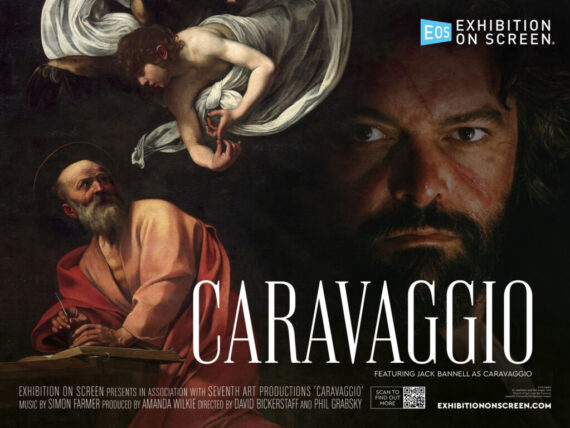
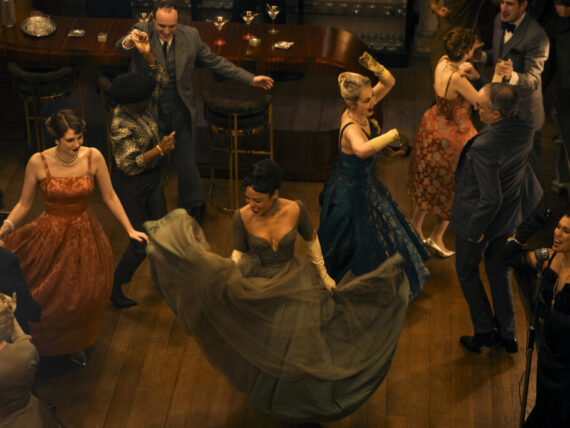
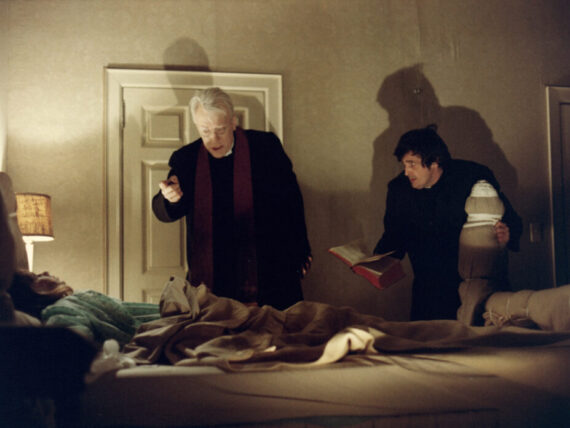
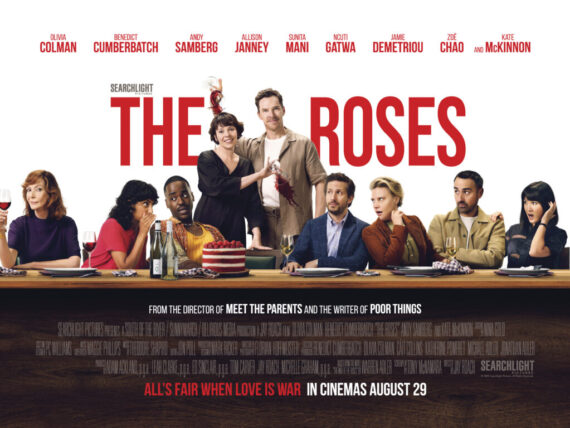
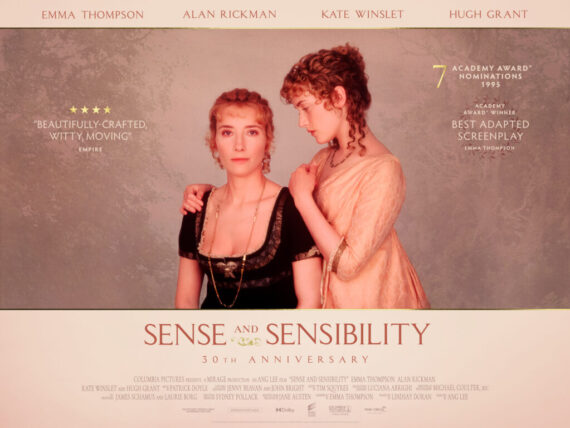

Comments
Comments are closed.